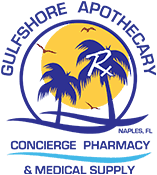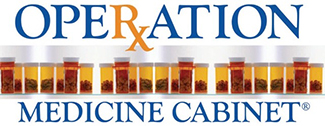1. A Gluten free diet is good for you
There is no indication that eating a gluten free diet is better for your health. There is no research that supports cutting back on gluten will reduce health risks, other than those with celiac disease. Some processed foods labeled as gluten free (bread, waffles, cereals, etc) often have more fat, sugar, calories, and sodium than gluten containing foods, actually making them unhealthier food choices. More than 1/3 of Americans think that going gluten free will help them lose weight. The opposite is true. Researchers say that a gluten-free diet seems to increase the risk of overweight and obesity. While cutting back on gluten containing foods such as bagels, breads, pastas, and other carbohydrates can help some people lose weight, if you are replacing those foods with gluten-free versions, it’s more likely you will gain weight since the gluten-free alternatives are higher in calories and sugar. If you suspect you have celiac disease or a gluten sensitivity, you should consult with your doctor.
2. Hand Sanitizer can completely replace handwashing
Hand sanitizer is used by many health care workers. It is quicker, more effective and easier on the skin than soap and water. However, there are times when soap and water are a better line of defense than hand sanitizer. It is recommended health care workers use soap and water when:
Hands are visibly dirty
Hands are visibly soiled with blood or other body fluids
When they use the bathroom
When they have been exposed to Clostridium difficile (C. diff)
They have been exposed to infectious diarrhea during a norovirus outbreak
They’ve been exposed to bacillus anthracis
3. If a medication is available without a prescription, it’s safe
Five billion over the counter drugs are purchased by Americans yearly. There is a belief that OTC drugs are completely safe and do not pose the same risks as prescription drugs. OTC drugs can interact with foods, other medications and existing medical conditions. Not all potential drug interactions are listed on the label. The label contains only known interactions, you could be the first to have a particular interaction. It is important to look at active and inactive ingredients on the label. Many OTC’s have additives such as artificial dyes, caffeine, and aspartame, which are not good for you. Some people are under the impression they need to take a whole bottle of over-the-counter medications to over dose, but this is not the case. If you take a cold remedy along with a headache remedy or prescription pain reliever, you may have exceeded the safety level by 3 times. It is important to discuss any over-the-counter medications with your doctor or pharmacist before taking them.


